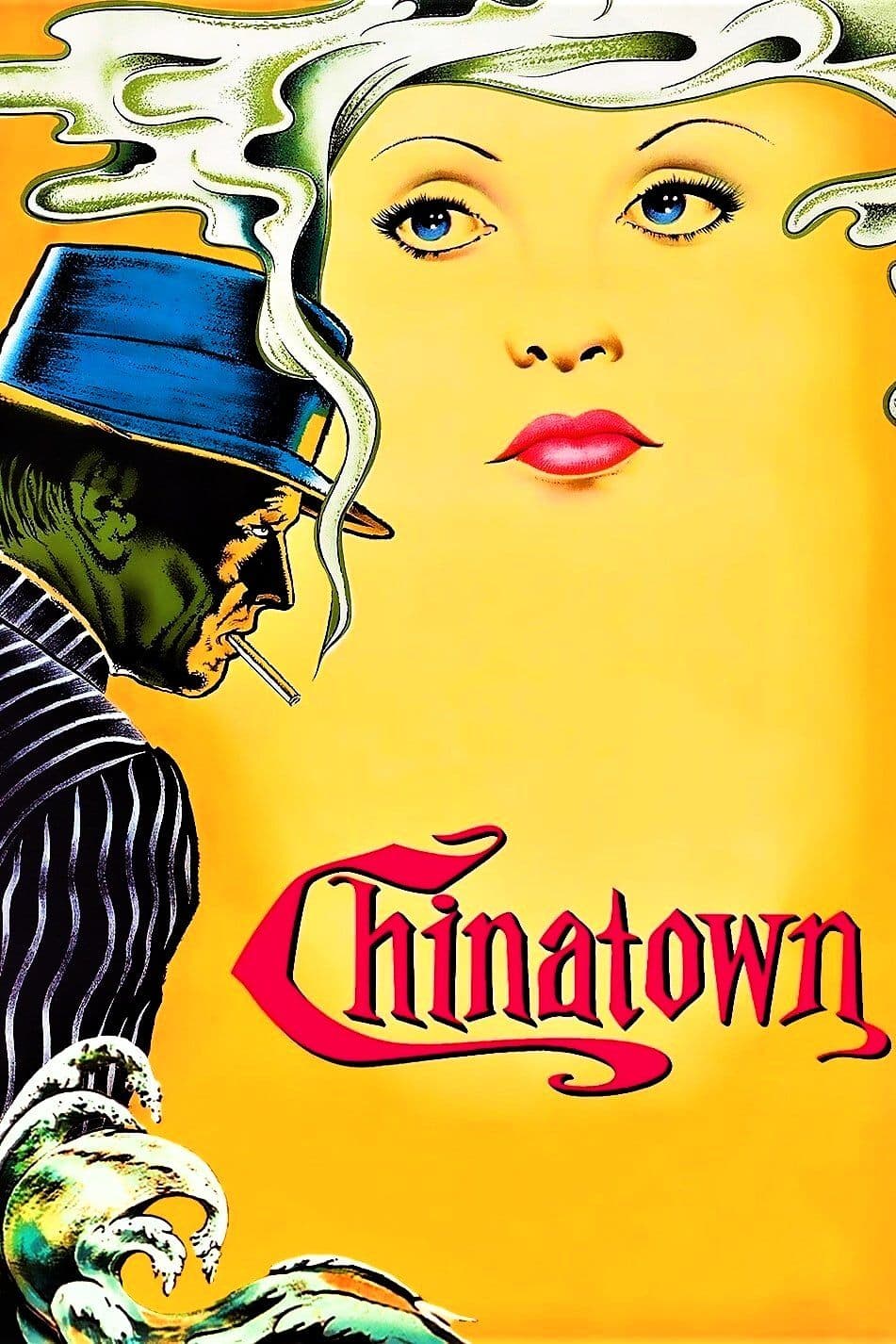
Chinatown
1974
Rate this movie
Average: 4.00 / 5
(1 votes)
Director
Jake Gittes, that cynical private investigator specializing in the most trivial cases of adultery, immediately embodies the classic p.i. figure, yet there is something subtly anachronistic in his apparent superficiality. He is not the romantic hero or the lone vigilante, but rather a disillusioned man operating on the fringes of a system he believes he understands. His routine of marital infidelity and blackmail is a facade, a smokescreen behind which a residual innocence is concealed, destined to be brutally torn apart.
He is hired by a woman, Evelyn Mulwray, to investigate her husband's fidelity, an opening that echoes genre clichés only to then veer into a labyrinth of power and corruption. Hollis Mulwray, the man Jack is supposed to investigate, is an engineer in charge of the powerful Los Angeles Department of Water and Power, a detail of no minor importance. The drought afflicting California is not merely a background element but the core of a conflict deeply rooted in the state's very history, from the infamous "water wars" of the Owens Valley to the violent appropriation of water resources. His opposition to the construction of a dam to combat the drought in the area, in fact, is not abstract idealism, but an act of resistance against a predatory system that, like a silent octopus, is suffocating the city.
Continuing his investigation, Jack crosses paths with the influential Noah Cross, a real estate magnate who effectively owns half the city, and who seems to be involved in the affair. Noah Cross, whose very nomenclature evokes a biblical figure or an archaic symbol, is the embodiment of primordial evil, a patriarch who shaped Los Angeles not with vision but with greed. He is the "Great Old One" of Lovecraftian memory, whose influence permeates every layer of society, from politics to finance, down to the most intimate and perverse family dynamics.
Thus begins an incredibly intricate web of crimes and secrets that will lead the investigator to shed light on a new world, just steps away from him yet totally unknown in its impenetrable omertà. This "new world" is not simply street crime, but an institutional cancer, a systemic corruption that has become the very lifeblood of the metropolis. Polanski, with Robert Towne's screenplay – a masterpiece of narrative architecture, the result of years of research and rewrites – does not merely show us the dark side of a city, but unveils the perverse genesis of an entire empire built on theft and moral incest.
A script that is nothing short of labyrinthine, in which the viewer truly struggles to find the thread if not for certain aids that Roman Polanski, co-author of the screenplay, inserts here and there. These "aids" are breadcrumbs dropped in a dark forest, almost subliminal clues that accentuate the sense of disorientation, making the viewer complicit in Gittes's frustration and confusion. The intent is clear: not to offer easy answers, but to immerse the audience in the moral ambiguity and fate that permeate the narrative. This is the heart of neo-noir: no longer just a visual aesthetic of shadows and smoke, but a psychological deconstruction of its archetypes, an investigation into the futility of heroism in an irrevocably corrupted world.
The scene in which Roman Polanski (in the role of actor), a henchman in Cross's pay, scars Jack by sticking a switchblade into his nostril and slicing it, is often cited from this film. That scar on his nose is not merely a physical mark; it is a seal, Gittes's brutal initiation into the true face of Chinatown, a symbolic place where civil rules dissolve and violence is the only language spoken. It is a violation, both physical and moral, that marks him forever and inextricably links him to the tragic destiny unfolding before him. Polanski's own act in the role of the executioner adds a meta-narrative layer, almost as if the director wanted to seal his protagonist's fate with his own hands.
This first American film by Polanski is a noir with sophisticated and melancholic tones, but also of a certain innovative scope compared to the classic 1950s noir pattern. Indeed, the voice-over, which often served as a guide or cynical commentary in classic noir – think of Sunset Boulevard or Double Indemnity – is absent, and its absence amplifies the sense of disorientation. But the protagonist's melancholic character remains, as he, just like the viewer, ends up deceived and stranded in a story whose boundaries he cannot distinguish. The iconic and chilling final line, "Forget it, Jake. It's Chinatown," is not just advice but a verdict: evil is endemic, justice an illusion in a world where every appearance of order is a facade. The film offers no catharsis, only the bitter realization that, in certain contexts, truth is a luxury no one can afford and cynicism the only weapon of survival.
The casting of the actors is truly well-suited: Jack Nicholson and Faye Dunaway, who work in perfect synergy with expressive naturalness, proving moreover extremely credible in their respective roles. Nicholson, with his sly smile transforming into a mask of horror and disillusionment, paints a Gittes far removed from traditional heroism, a man whose initial arrogance crumbles under the weight of the discovered corruption. Faye Dunaway, moreover, is masterful in delineating the complex figure of Evelyn Mulwray, an ambiguous and vulnerable femme fatale, whose personal tragedy is a reflection of a generational and systemic evil. Their on-screen chemistry is not just aesthetic, but conveys the despair and impossibility of a true connection in a rotten world. Polanski's direction, meticulous and claustrophobic, envelops the characters in an atmosphere of inescapable fatalism, accentuating their solitude in the face of forces too vast to be understood or fought. John A. Alonzo's cinematography, with its warm yet saturated, almost opaque tones, also evokes a seemingly innocent golden age that nonetheless conceals a black heart.
A film that demands attention to detail but rewards with a refined and enchanting atmosphere. A work that, almost fifty years after its release, retains its destabilizing power and chilling relevance intact. It is not just a neo-noir masterpiece; it is a descent into the inferno of the American soul, an inquiry into the eternal struggle between innocence and corruption, leaving an indelible mark on the viewer. Its resonance lies not only in its compelling plot, but in its ability to unveil the fragility of illusions and the persistence of evil, a warning that echoes far beyond the confines of the film.
Country
Gallery

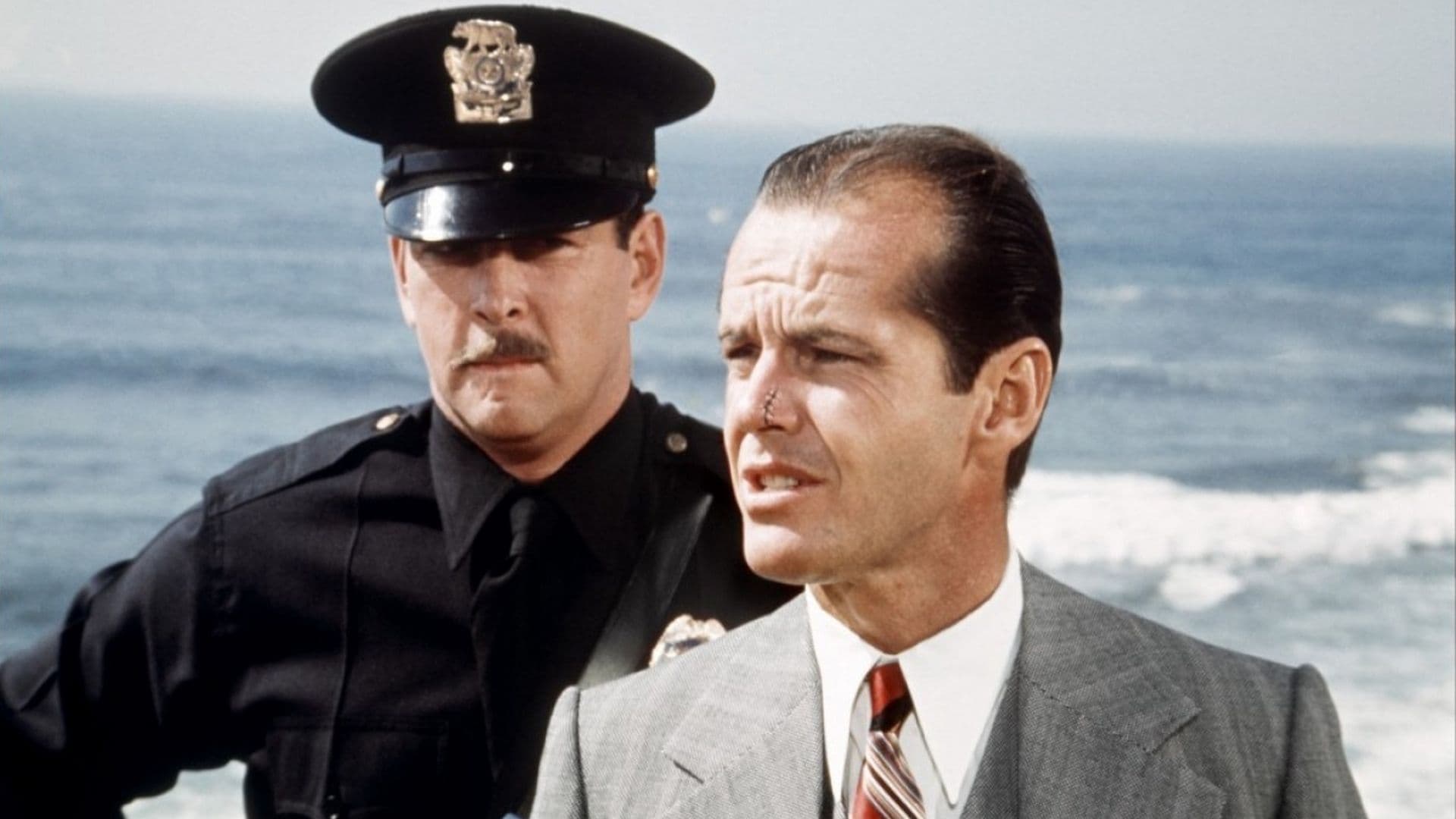
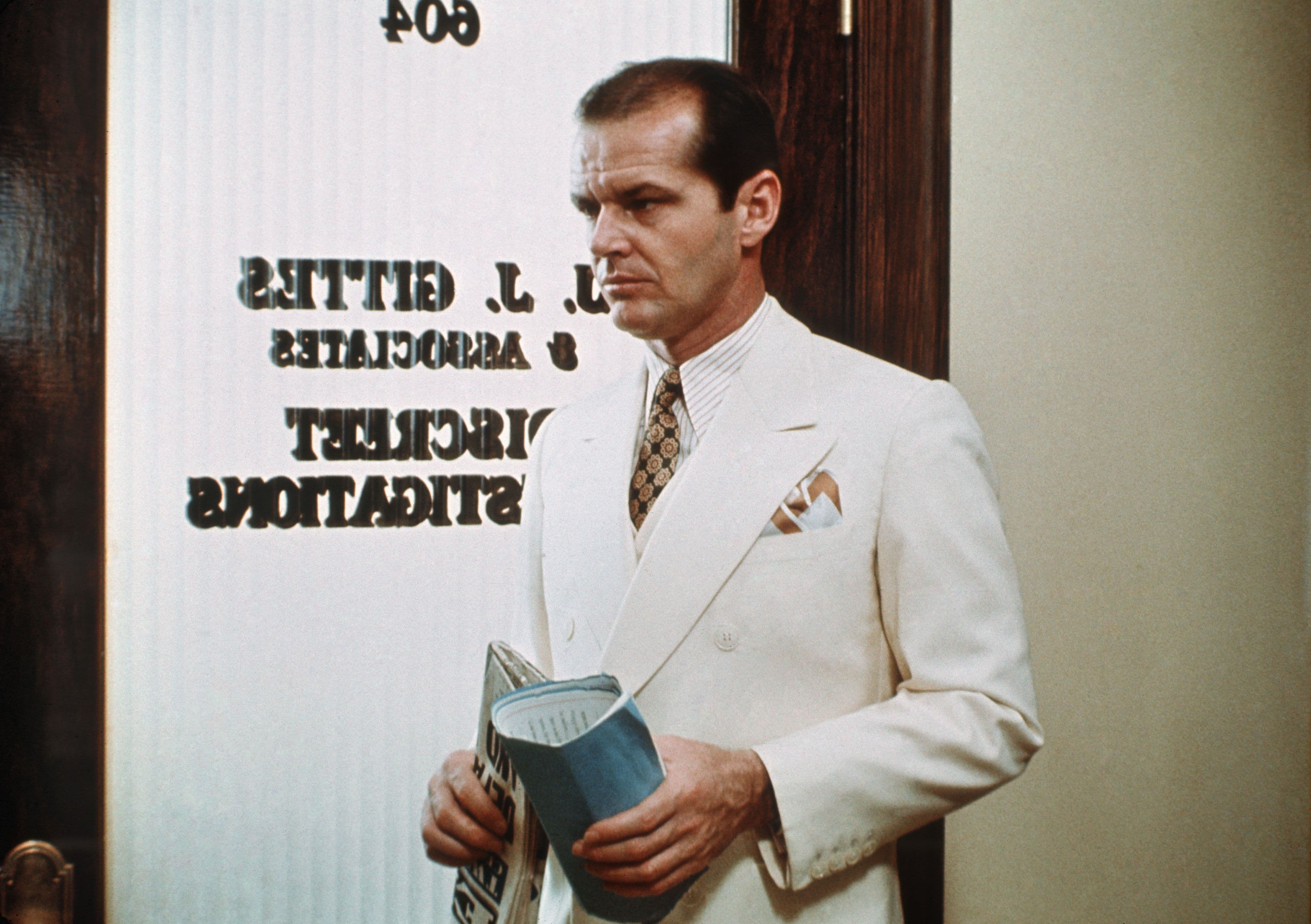
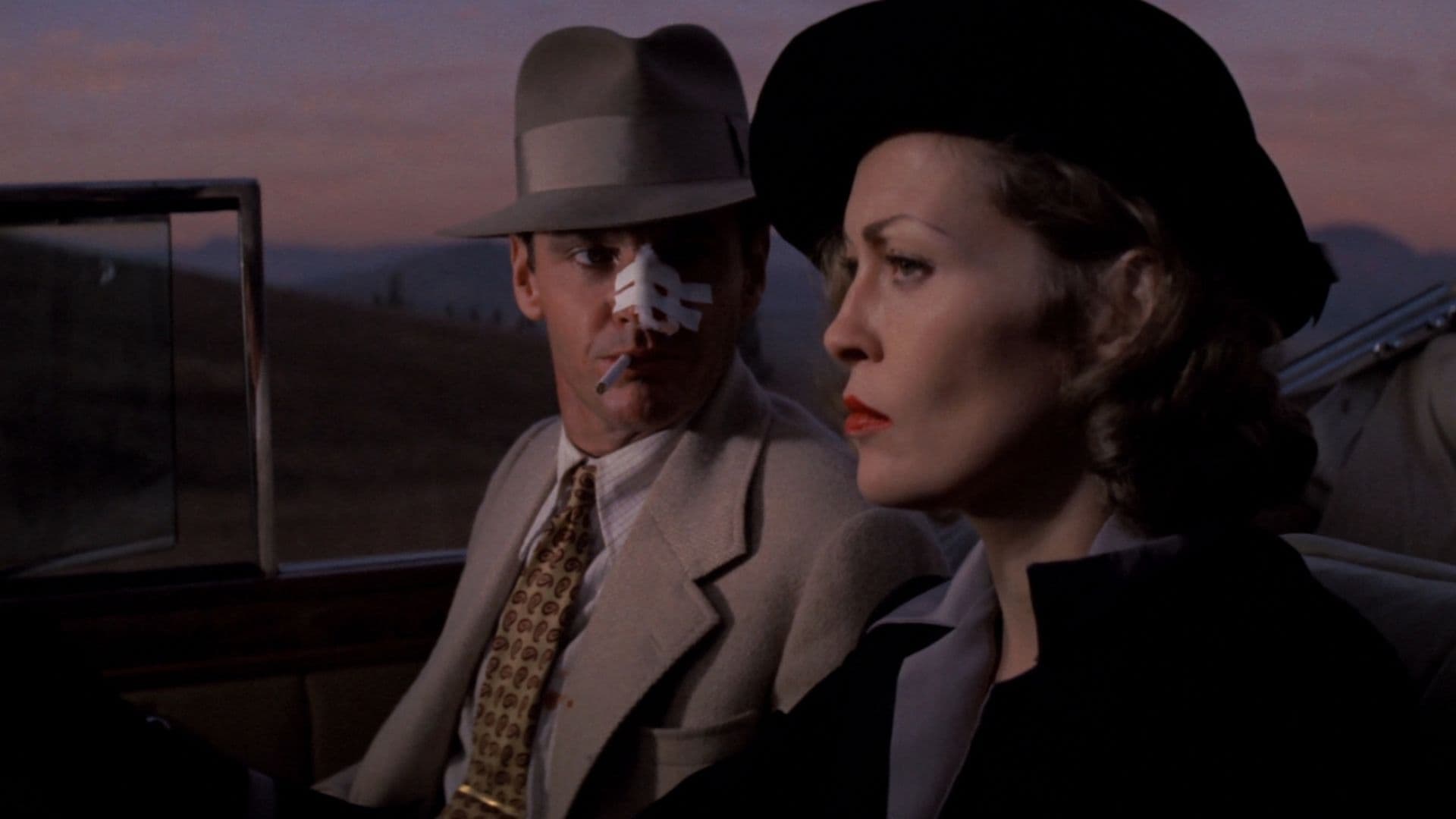

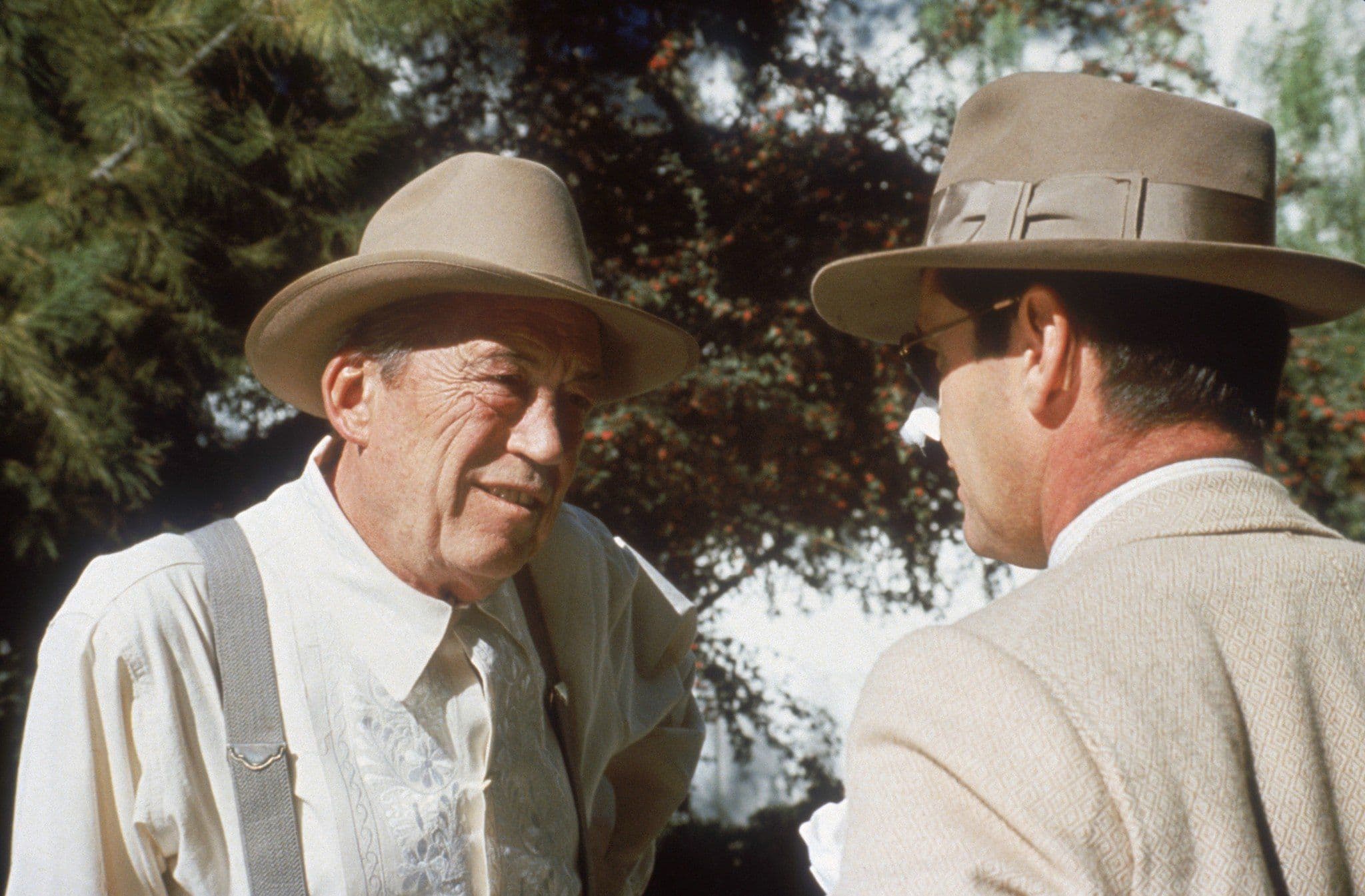


Featured Videos
Official Trailer
Comments
Loading comments...